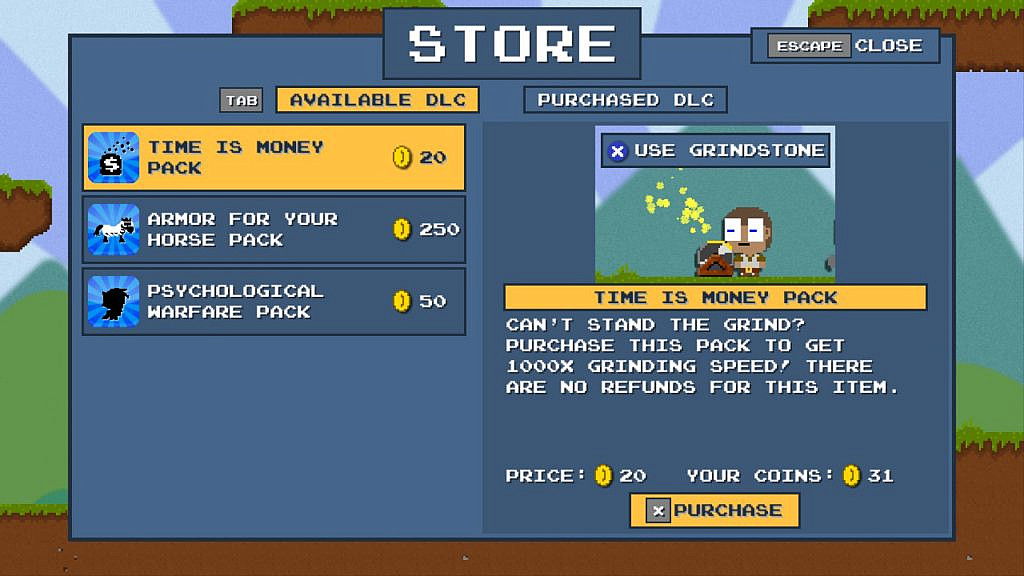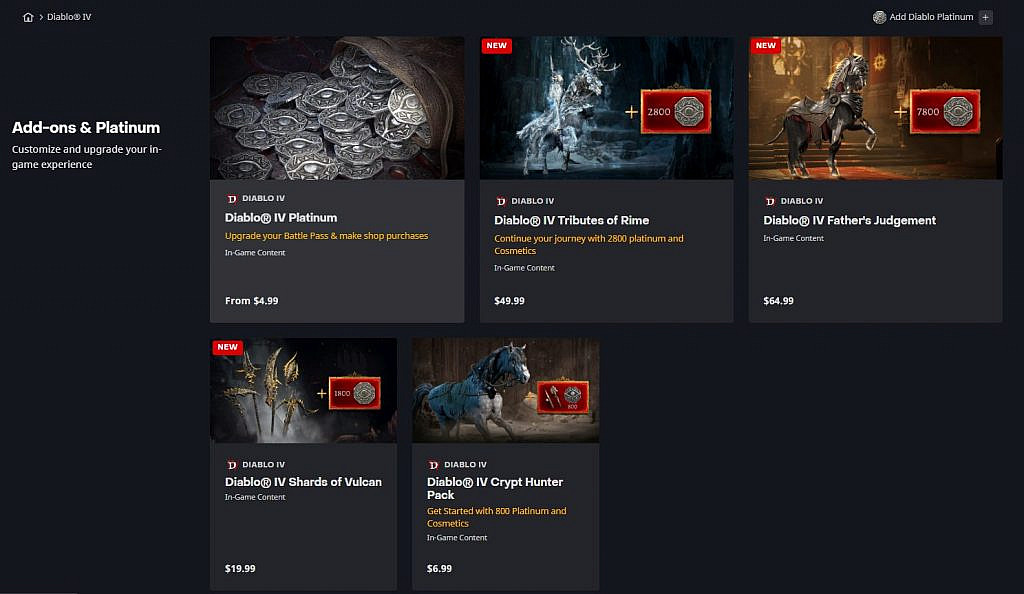
In a 2021 study, “Predatory Monetisation? A Categorisation of Unfair, Misleading and Aggressive Monetisation Techniques in Digital Games from the Player Perspective” by Elena Petrovskaya and David Zendle, 35 different forms of in-game monetization were recognized as problematic by 1104 respondents. Researchers found many of the existing practices potentially in conflict with UK consumer protection regulations by being either misleading, unfair, or aggressive by legal definition. It was also found that monetization has many more different forms than previous work suggests, as this research approached the monetization models from the players’ experience and was focused on techniques other than loot boxes.
Though many practices were found contrary to Regulations, or problematic from a player point-of-view, a lot of them have no authentic connection to be seen as malicious business practice. The border between predatory and reasonable practice is somewhat blurry, as advertisements and small-scale purchases exist in other hobbies, too. Microtransaction matter also includes a lot of subjectivity: definitions of problematic or consequential content can vary greatly depending on context. Some regulation is still suggested, as even loot boxes are already seen as gambling in some countries. For example, gameplay should remain the same for paying and unpaying players, and additional features should focus on delivering quality instead of pressuring excessive spending. However, concepts like pay-to-win and fair game are complex issues that the researchers think can’t be solved with consumer laws.
Reported monetization problems were categorized into 8 different groups, with some of the reported examples:
- Game dynamics designed to drive spending: Paying to reduce repetition or waiting time, pressuring to spend by slowing player progress, matchups against paying players with advantages, feeling underpowered without spending.
- Product does not meet expectations: Money spent on duplicate items, blind buys, buying something that gets given away for free later, buying an unwanted product to get a wanted one.
- Monetization of basic quality of life: Important parts or functions requiring spending, limited free player inventory, making parts unplayable after a certain point without paying.
- Predatory advertising: Purchase conditions lacking information, unrealistic presentation, obtrusive and repetitive advertisements.
- In-game currency: Concealing real-world prices, confusing players with various types of currencies, inconvenient and fixed purchase rates.
- Pay-to-win: Options to buy instantly better items or faster access to them, subscriptions granting advantages, competitive play practically requiring spending.
- General presence of microtransactions: Players have already paid for a full experience, contents seem overpriced for brought value, game’s purchase price is already high.
- Other: A free in-game item actually needs payment to continue using, limited time offers creating a fear of missing out, battle passes that require money and playtime to unlock new content, malicious interface design.
Research used United Kingdom’s Unfair Trading Regulations as a basis to recognize problematic commercial practice as unfair, misleading, or aggressive in a legal sense. Misleading practices include issues such as misleading advertisements, artificial scarcity, and false information. Unfair practice can occur as ‘material distortion’, in which a purchase decision is made inconvenient or confusing on purpose, like with multiple in-game currencies. Examples of aggressive practices could be found in in-game advertisements, which could be considered as harassing the player, or in dark interfaces design, intentionally deluding freedom of choice.
Research was done using an online survey, in which players were asked about troubling encounters and experiences with in-game transactions. The survey’s questions were open-ended to collect as many witnessed ways of monetization as possible. Respondents were also asked aspects like how long they had been playing games, how often they play, recently played games, and all-time favorites. Background information, such as age or gender, was not asked to focus the survey on the honest experiences by providing anonymity. Participating players were users of Reddit and/or Twitter, recruited using 50 subreddits for games found on Steam’s 100 most played games, and 100 most played mobile games, plus a few other subreddits related to gaming. A total of 1471 participants responded to the survey, 1104 of which were used in the analysis.
The research was conducted from a concern that monetization in games may be done in a way that is exploitative or yet uncovered by laws and regulations. The concern arises from the fact that games are more immersive than other forms of entertainment, and thus offer extended exposure to encourage spending. As an alarming example, the research mentions Electronic Arts reportedly making over $1 billion from just microtransactions in one quarter of 2019 alone.

Source: Petrovskaya, E., & Zendle, D. (2022). Predatory Monetisation? A Categorisation of Unfair, Misleading and Aggressive Monetisation Techniques in Digital Games from the Player Perspective. Journal of Business Ethics, 181(4), 1065–1081. https://doi.org/10.1007/s10551-021-04970-6
Photos: Screenshots from DLC Quest (Going Loud Studios, 2013) and Battle.net launcher application (Blizzard Entertainment), taken by the author.
